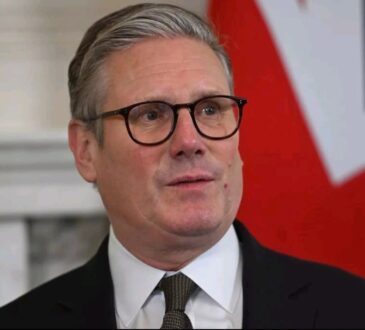
The UK government is set to allocate £36 million per year to recruit a fleet of private vessels tasked with patrolling the Channel and addressing the ongoing issue of small boats attempting to cross into the country. This move comes as plans to upgrade the Border Force fleet face further delays.

A document outlining the government’s “procurement pipeline” reveals that a contract has been tendered for the “charter of vessel(s) to support small boats operations in the Dover Straits.” The contract is slated to run from April 1, 2024, to March 31, 2025, with the service provider currently listed as “not set.”
The Home Office’s decision to resort to private vessels is seen as a response to the setbacks in replacing the ageing Border Force cutters. According to reports from The Times, the replacement of the existing cutter and coastal patrol vessels (CPV) fleet is now expected to commence in March 2026, a delay of four years from the initial plan.
Prime Minister Rishi Sunak, during his tenure as Chancellor in 2021, had unveiled plans to replace the aging Border Force vessels with new cutters aimed at enhancing border security. At the time, he emphasized the retirement of the current 20-year-old fleet and the introduction of 11 new vessels to combat organized crime and illegal migration.
However, ongoing delays in the procurement process for these new vessels pose a potential threat to the Border Force’s effectiveness in monitoring the Channel and intercepting migrants crossing from France in small boats. The government’s decision to enlist private vessels highlights the urgency of addressing the issue while facing obstacles in the planned fleet upgrade.
A Home Office spokesperson defended the move, stating, “All commercial contracts are in line with government procurement rules which are designed to ensure the best value for taxpayers.” The government emphasizes the adherence to procurement guidelines aimed at securing optimal value for public funds.
As the UK continues to grapple with the challenges posed by migrant crossings, the allocation of significant resources to private vessels underscores the government’s commitment to addressing the situation promptly. The evolving landscape of border security and the efficacy of these measures will undoubtedly be subjects of ongoing public scrutiny as the government navigates the complexities of managing migration and ensuring national security.




